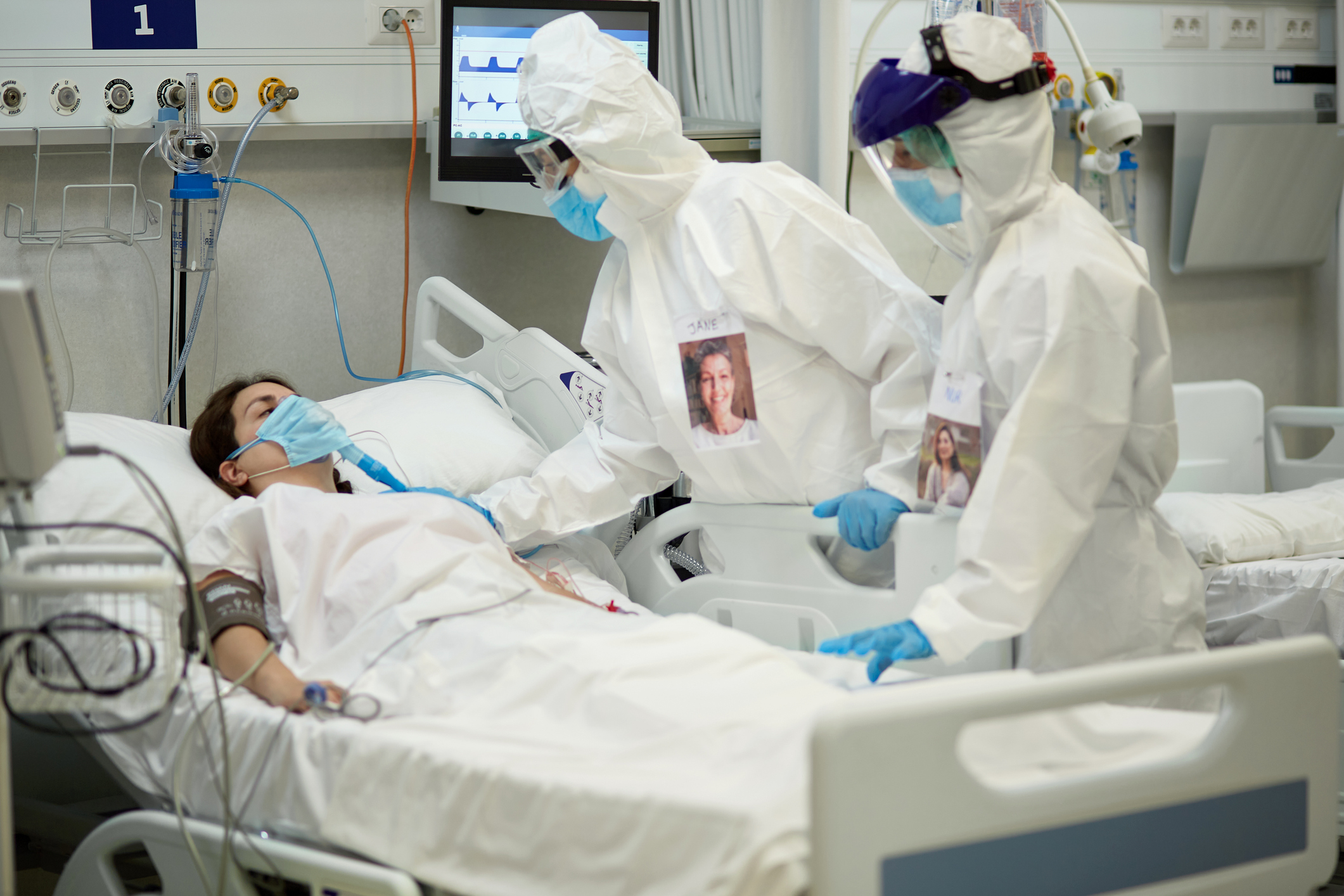
Trial results reveal that long-acting injectable cabotegravir as pre-exposure prophylaxis is highly effective in preventing HIV acquisition in women
In the fight against HIV, pre-exposure prophylaxis (PrEP) is a critical tool for preventing the transmission of the virus. While oral PrEP has been available since 2012, a long-acting injectable version of the medication is on the horizon. Recent trial results have revealed that long-acting injectable cabotegravir is highly effective in preventing HIV acquisition in women, marking a significant breakthrough in HIV prevention efforts.
The need for long-acting PrEP
One of the key challenges with oral pre-exposure prophylaxis is the need for strict adherence to a daily regimen. Missing even a few doses can significantly reduce the effectiveness of the medication in preventing HIV acquisition. This is particularly true for women, who may face unique barriers to adherence such as partner violence or stigma around taking medication related to sexual behavior.
A long-acting injectable PrEP medication would eliminate the need for daily dosing, potentially increasing adherence rates and reducing the risk of HIV acquisition. Cabotegravir, a medication that works by blocking HIV replication, has shown promise as a long-acting pre-exposure prophylaxis option.
The HPTN 084 trial
The HPTN 084 trial, a randomized, double-blind study, was conducted in several countries in sub-Saharan Africa to test the effectiveness of cabotegravir as a long-acting PrEP medication. The trial enrolled 3,223 HIV-negative cisgender women who were at high risk of acquiring HIV due to factors such as having a partner with HIV or engaging in transactional sex.
Participants were randomly assigned to receive either cabotegravir injections every eight weeks or oral tenofovir/emtricitabine (Truvada) daily. The study found that women who received cabotegravir injections had a significantly lower incidence of HIV acquisition compared to those who took oral PrEP. In fact, cabotegravir injections were shown to be 89% more effective than oral PrEP in preventing HIV acquisition.
The importance of these findings
The results of the HPTN 084 trial are significant for several reasons. Like they offer hope for a highly effective long-acting PrEP option for women, a group that has been historically underrepresented in PrEP clinical trials. The high effectiveness of cabotegravir injections in preventing HIV acquisition could help reduce the disproportionately high rates of HIV transmission among women in sub-Saharan Africa.
Furthermore, the trial's findings add to the growing body of evidence supporting the use of cabotegravir as a long-acting PrEP medication. Previous trials have shown that cabotegravir injections are also highly effective in preventing HIV acquisition among men who have sex with men and transgender women.
However, there are still some important questions that need to be addressed before cabotegravir can be widely implemented as a long-acting PrEP option. For example, more research is needed to determine the optimal dosing schedule for cabotegravir injections and to better understand potential side effects. Additionally, cost and accessibility may be significant barriers to widespread use of cabotegravir, particularly in low- and middle-income countries where the burden of HIV is highest.
Conclusion
The results of the HPTN 084 trial are a significant step forward in the fight against HIV, particularly for women in sub-Saharan Africa. The highly effective nature of cabotegravir injections as a long-acting PrEP medication offers hope for reducing HIV transmission rates among women and other high-risk groups. However, further research and action are needed to ensure that this breakthrough is accessible to those who need it most.
Visit DocMode for Courses and lectures










